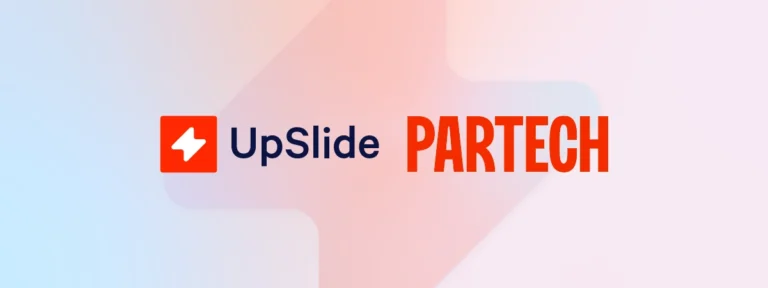It is in a company’s best interest to nurture happiness at work. A study by MIT and Harvard[1] shows that happy employees get sick less often. They are 31% more productive and 55% more creative. No wonder that wellbeing is the first motivating factor for Millennials! In 2025, they will represent 75% of the working population[2]. So, the question is not “should we be happy at work? “but rather “how to cultivate it?”
There is no magic recipe for achieving this. The mission of the leaders is thus to find the best formula. Spoiler alert: getting a foosball table is not the answer.
TL;DR
The recipe for happiness can be summarized in three parts: Establish clarity. Methods like the OKR approach are effective to motivate teams around a common goal. A company’s framework must also be clear enough to allow for individual autonomy and team cohesion.
Trust your teams. Flexibility and clear goals are one thing, but the biggest asset to a team is trust. As Aristotle said: “The whole is greater than the sum of its parts.”
Invest in people. Regular team training sessions help empower employees to upskill and collaborate better. Feedback is also a vital tool, which 62% of employees associate with happiness at work.
Establish Clarity
Clarity is one of the pillars of happiness at work. It is important to give meaning so that everyone knows why they are working. The OKR method is an efficient way to motivate the teams around a common goal. For each objective (e. g. customer loyalty), there is a clear key result (e. g. increasing the renewal rate by 1%). Everyone always has in mind the direction to follow and what it means in practice.
Another factor for happiness at work is to know that your job contributes to company’s success[3]. It helps make you feel useful and fulfilled. This requires precise job descriptions, to make each employee aware of their job scope.
The company’s framework must also be clear enough to allow flexibility. For example, how autonomous is a sales representative during a negotiation? What values to refer to during recruitment? What are the validation criteria for a trial period? What are the managers’ working hours? Is it okay to eat cheese in the open space? Clear company culture and rules are necessary to live well together.
Trust Your Teams
Once you have objectives and a framework, all the conditions are in place to introduce freedom in a work organization. Indeed, flexibility is becoming more and more important to employees. A good start is to make working hours more flexible to accommodate schedules or consider remote working. Having a room available at lunchtime for a nap is also very popular!
Yet, these arrangements are only possible if you trust your teams. The writer Frédéric Laloux encourages entrepreneurs to give their employees more autonomy, to free up energy and creativity. In his book “Reinventing organizations“, he promotes the “advice process”. The principle is indeed simple: everyone can to take any decision in the company. The only condition is to ask the opinion of experts and people who are directly involved.
Collective intelligence is also a powerful engine of co-creativity. It allows everyone to express their ideas on an equal footing and can, therefore, bring unsuspected areas for improvement. As Aristotle said: “The whole is greater than the sum of its parts”!
This collective trust also allows the entire company to challenge itself. The result is a tenfold increase in agility and rapid progress for the whole team.
Invest in People
The feeling of progress and learning is one of the main factors of happiness at work[4]. One common factor in companies where employees are the happiest is investment in team training. Regular training sessions keep the teams efficient and motivated. It is not always a matter of budget: there are many inexpensive ways to make people evolve. For example, organizing ‘peer learning’ sessions to share knowledge within the teams.
Managers are also responsible for the quality of the relationship between colleagues. This requires a benevolent and consistent attitude from the leaders. They have a responsibility to embody the company’s values and to be exemplary. What could be more inspiring than seeing your manager in action?
It is also the manager’s responsibility to boost the teams with fair and stimulating feedback. Which employee could be happy, with a manager who never gives or asks for feedback?
62% of employees associate feedback and happiness with work.
It is in fact very helpful to appreciate the quality of the other’s work to help him develop their skills. Although, it requires a strong bond of trust.
Easy methods exist to ease communication, such as non-violent communication. It aims to build relationships based on clarity, empathy, harmonious cooperation and respect for the self and others. The ideal foundations for building a culture of feedback is kindness.
Once happiness through work is established, you can nurture happiness at work. It can be as simple as organizing regular events such as weekly drinks, team lunches or seminars. Don’t forget to celebrate the successes, small or large: the end of a project, a new team member or a signed deal!
In the end, happiness at work is accessible to all. It relies on concrete actions and, above all, on the conviction that people remain the priority in the company. Leaders and managers, it’s up to you!











